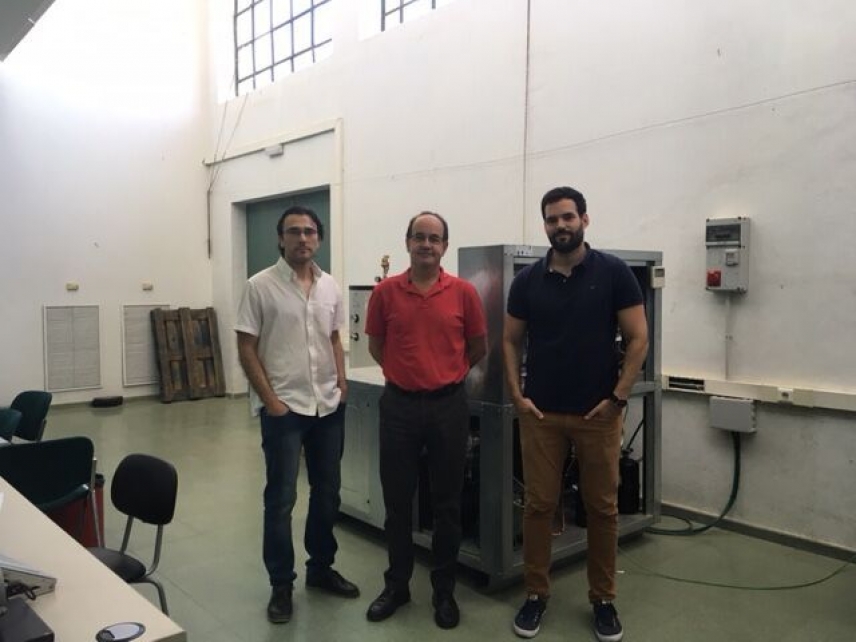‘Vortex’ beams for the manipulation of nanoparticles
Escrito por UCC+iA lecturer at the University of Córdoba has developed a new method, published in Physical Review Letters, to simplify the process and reduce the cost of manipulating nanometric materials
One millionth of a millimetre: this is the scale at which nanotechnology manipulates matter. Given its many applications, nanotechnology has already had a major impact on recent technological progress; yet its real potential is yet to be discovered, and few scientists doubt that it will lead mankind to a new industrial revolution. A few days ago, University of Córdoba physics lecturer Pedro Rodríguez García published a paper in Physical Review Letters, reporting on the development of a new mechanism which simplifies and reduces the cost of manipulating nanoparticles.
Mathematical models can reduce energy consumption by refrigeration systems
Escrito por UCC+iA control-engineering research team at the University of Córdoba has developed a method which can be applied both to existing systems and in the design of new plants
Installing refrigeration systems in large areas such as department stores or buildings is no easy task. The design, construction and start-up of these systems is a time-consuming and costly process involving a large number of staff and high levels of energy consumption. A research group at the University of Córdoba has developed a method enabling refrigeration systems to function at maximum power with the lowest possible energy input. Using mathematical models, the team – led by UCO lecturer Francisco Vázquez, who holds a PhD in Physical Sciences – has devised a method for designing à la carte refrigeration systems, taking into account the atmospheric conditions and space constraints specific to any venue, thus obviating the need for purpose-built plants. Â
The force behind the accelerated expansion of the universe changes over time
Escrito por UCC+iA study published in Nature Astronomy, by an international team including a lecturer at UCO, reveals that the properties characteristic of the mysterious dark energy have varied over the course of history
Hailed by some as a driving force because it causes the accelerating expansion of the universe, dark energy makes up around three quarters of the cosmos, yet little is known about it. The researchers who discovered dark energy six years ago were awarded the Nobel prize, and since then the scientific community has ceaselessly sought to decipher its secrets, which may yield important clues regarding the origin and fate of the cosmos.




